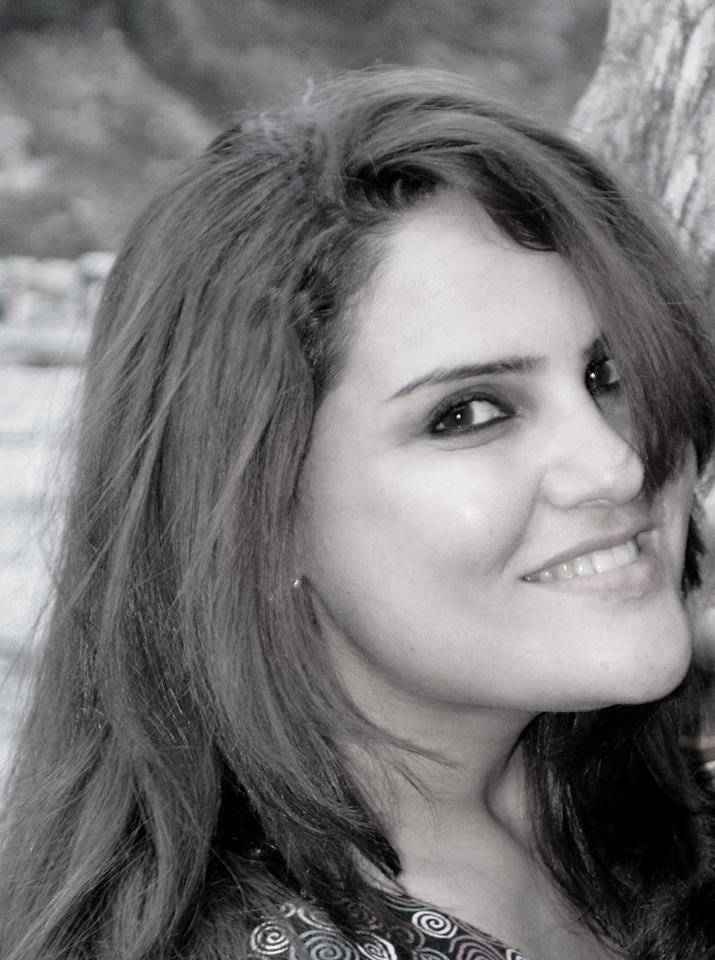
It is a sad day, when the life of a student is lost at the International Islamic University in Islamabad (IIUI), the capital of Pakistan. Student clashes are an outcome of frustration and the fact that there is no level ground for debate, healthy dialogue, discussion, presentations and gatherings to let these young people present their case, their worldview and their political thoughts.
Universities are created to understand every subject through debate and contested opinions especially in the social sciences and humanities. If politics is that bad, why are states investing billions on political institutions, university campuses and research centers?
A lack of student unions means changing the campuses into dictated barracks where the only thing taught is strict discipline, where neither creativity nor innovation are nurtured. Campuses must be an open space for debate, lectures, thoughts, opinions and dialogues.
The students and youths of Pakistan are not lesser than youth across the world. They are the highest percentage of the population in the country as a result of the 2017 census. All of the political parties have now switched to following the global trend of youth activism. The main example is the currently ruling Pakistan Tehreek e Insaaf relied on the energy and activism of young urban supporters in the run-up to the 2018 elections.
If we go through the history of Pakistan, whether it was the National Awami Party (NAP) or the Pakistan Peoples Party (PPP), they relied on massive youth movements driven by the currents of socialism and nationalism. On and off, the unelected institutions of state - inheritors of the mantle of the British colonial mentality - tried to police and control campuses. But even in the Ayub Khan dictatorship, student bodies on campuses remained nurseries for political parties and civil society. In this way, they were a backbone of democracy in the country. It was only the draconian regime of General Zia-ul-Haq that the role of student unions was finally crushed.
It is fortunate that social media has allowed young people to express themselves and motivate the youth again to join politics lay their claim to deciding the fate of the country. They are beset by economic and psychological pressures owing to unemployment, inflation, etc. The demand for student unions is simply consistent with the needs of a democratic order. There is nothing more extraordinary to this demand.
In a time of increasing assertion by youth movements across the globe, the Pakistani government must let these young people have their basic human rights: freedom of speech, freedom of assembly, etc. That is never destructive. It is a constructive means to reshape Pakistan on the basis of progressive ideals and democratic mechanisms.
No group or institution should remain a hurdle in the way of youth and student politics. They should unite for the progress and development of the motherland, and the right of its young adults to govern their own spaces in a civilized, democratic manner.
Universities are created to understand every subject through debate and contested opinions especially in the social sciences and humanities. If politics is that bad, why are states investing billions on political institutions, university campuses and research centers?
A lack of student unions means changing the campuses into dictated barracks where the only thing taught is strict discipline, where neither creativity nor innovation are nurtured. Campuses must be an open space for debate, lectures, thoughts, opinions and dialogues.
The students and youths of Pakistan are not lesser than youth across the world. They are the highest percentage of the population in the country as a result of the 2017 census. All of the political parties have now switched to following the global trend of youth activism. The main example is the currently ruling Pakistan Tehreek e Insaaf relied on the energy and activism of young urban supporters in the run-up to the 2018 elections.
If we go through the history of Pakistan, whether it was the National Awami Party (NAP) or the Pakistan Peoples Party (PPP), they relied on massive youth movements driven by the currents of socialism and nationalism. On and off, the unelected institutions of state - inheritors of the mantle of the British colonial mentality - tried to police and control campuses. But even in the Ayub Khan dictatorship, student bodies on campuses remained nurseries for political parties and civil society. In this way, they were a backbone of democracy in the country. It was only the draconian regime of General Zia-ul-Haq that the role of student unions was finally crushed.
It is fortunate that social media has allowed young people to express themselves and motivate the youth again to join politics lay their claim to deciding the fate of the country. They are beset by economic and psychological pressures owing to unemployment, inflation, etc. The demand for student unions is simply consistent with the needs of a democratic order. There is nothing more extraordinary to this demand.
In a time of increasing assertion by youth movements across the globe, the Pakistani government must let these young people have their basic human rights: freedom of speech, freedom of assembly, etc. That is never destructive. It is a constructive means to reshape Pakistan on the basis of progressive ideals and democratic mechanisms.
No group or institution should remain a hurdle in the way of youth and student politics. They should unite for the progress and development of the motherland, and the right of its young adults to govern their own spaces in a civilized, democratic manner.
